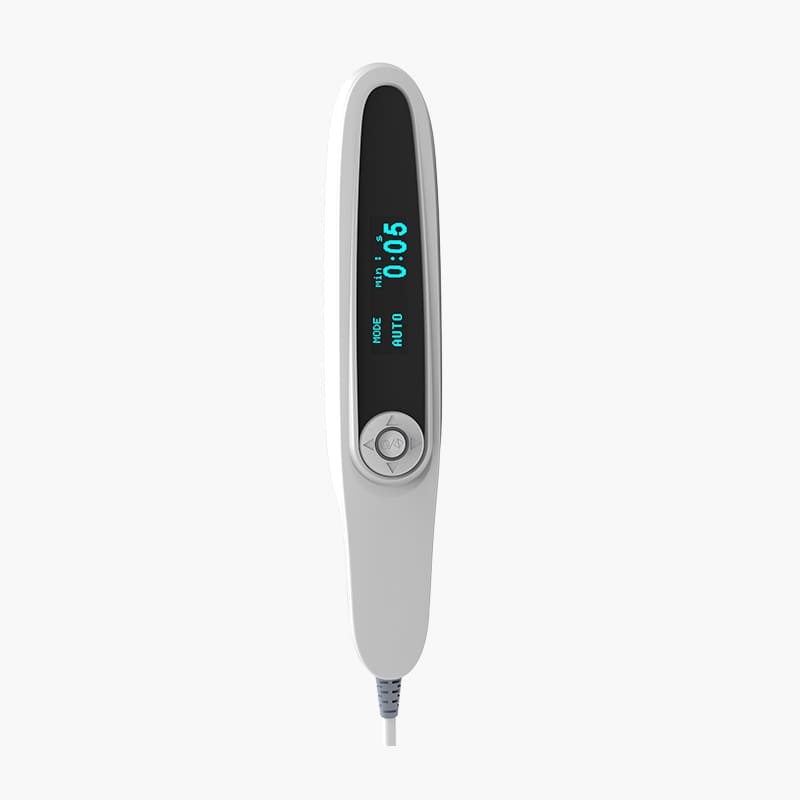The causes of psoriasis involve genetic, immune, environmental and other factors, and its pathogenesis is not yet completely clear.
1. Genetic factors
Many studies have shown that genetic factors play an important role in the pathogenesis of psoriasis. Family history of the disease accounts for 10% to 23.8% of patients in China and about 30% in foreign countries.The probability of having a child with psoriasis is 2% if neither parent has the disease, 41% if both parents have the disease, and 14% if one parent has the disease.Studies of twins associated with psoriasis have shown that monozygotic twins have a 72% probability of having the disease at the same time and dizygotic twins have a 30% probability of having the disease at the same time. More than 10 so-called susceptibility loci have been identified that are strongly associated with the development of psoriasis.
2. Immune factors
Abnormal activation of T-lymphocytes and infiltration in the epidermis or dermis are important pathophysiological features of psoriasis, suggesting the involvement of the immune system in the development and progression of the disease.Recent studies have shown that IL-23 production by dendritic cells and other antigen-presenting cells (APCs) induces differentiation and proliferation of CD4+ helper T lymphocytes, Th17 cells, and differentiated mature Th17 cells can secrete a variety of Th17-like cellular factors such as IL-17, IL-21, and IL-22, which stimulate excessive proliferation of keratin-forming cells or inflammatory response of synovial cells. Therefore, Th17 cells and the IL-23/IL-17 axis may play a key role in the pathogenesis of psoriasis.
3. Environmental and Metabolic Factors
Environmental factors play an important role in triggering or exacerbating psoriasis, or in prolonging the disease, including infections, mental stress, bad habits (e.g., smoking, alcoholism), trauma, and reactions to certain medications.The onset of pitting psoriasis is often associated with acute streptococcal infection of the pharynx, and anti-infection treatment can lead to improvement and reduction or remission of skin lesions. Mental stress (such as stress, sleep disorders, overwork) can cause psoriasis to occur, aggravate or recur, and the use of psychological suggestion therapy can alleviate the condition. It is also found that hypertension, diabetes, hyperlipidemia, coronary artery disease and especially metabolic syndrome have a high prevalence among psoriasis patients.
Post time: Mar-17-2023





